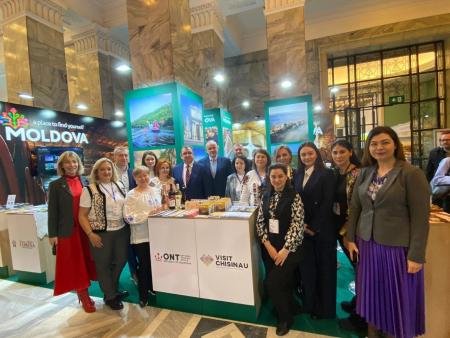Chisinau Municipality represented at the 6th UNESCO International Conference of Learning Cities
Chisinau City Hall is developing a program to ensure the accessibility of people with special needs to public spaces (buildings, streets and sidewalks, public transport, etc.) for the next 5 years. The document is made in collaboration with the Committee on the Rights of Persons with Disabilities as well as other civic platforms.
The General Mayor, Ion Ceban, made statements in this regard on Thursday, during public discussions on the installation of bollards and other types of street and urban furniture, for delimitation, on the sidewalks of Chisinau, for the 850 blind people and weak- sighted people in the capital.
Thus, the municipality will undertake the commitment for respecting with the technical rules of accessibility regarding this category of citizens, taking into account the prohibition of parking cars in pedestrian areas. Recently, such activities have been carried out at several addresses in the capital's districts.
The General Mayor mentioned that the municipal services were taking concrete actions to arrange public spaces as part of green areas and streets rehabilitation projects which is currently underway. "For the Chisinau local public administration, respecting the dwellers' rights and ensuring a fair level for all the capital’s residents is a priority. In the next period, the composition and the Regulation of the functioning of the Municipal Commission for the Protection of Human Rights will be submitted for approval to the Chisinau Municipal Council. Also, the issue of accessibility for people with special needs will be one of the first topics addressed in the municipal forum ", concluded Ion Ceban.
It is worth mentioning that the municipality has installed about 60 sound traffic lights at the crowded intersections in the capital in cooperation with the Blind Association in Moldova. Moreover, the tactile paving was first installed on the city's central streets at addresses requested by the Blind Society, including the rehabilitation of pedestrian crossings and access roads in the Telecentru area, where visually impaired people live.




















